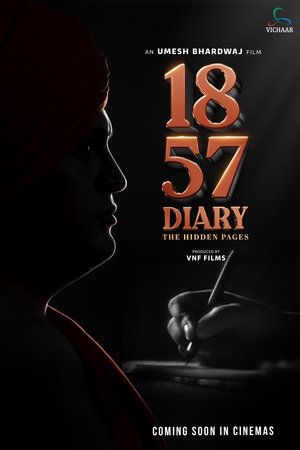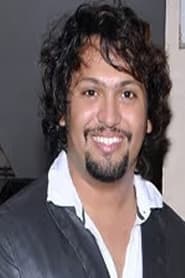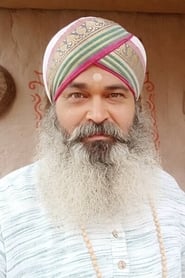Movie: 1857 Diary: The Hidden Pages
Top 10 Billed Cast
Shyamji Krishna Varma
British Lieutenant
Kunwar Singh
Makhanchu
Guru Virjanand
Similar Movies
 7.4
7.4The Fire Inside(en)
Claressa Shields, a high school junior from Flint, Michigan, aided by her tough-love coach, Jason Crutchfield, pushes past all limitations to become the first American woman to win an Olympic gold medal in boxing. But even at the pinnacle of success, Claressa has to reckon with the fact that not all dreams are created equal, and the real fight has only just begun.
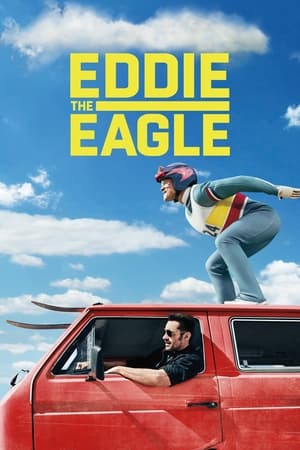 7.2
7.2Eddie the Eagle(en)
The feel-good story of Michael 'Eddie' Edwards, an unlikely but courageous British ski-jumper who never stopped believing in himself—even as an entire nation was counting him out. With the help of a rebellious and charismatic coach, Eddie takes on the establishment and wins the hearts of sports fans around the world by making an improbable and historic showing at the 1988 Calgary Winter Olympics.
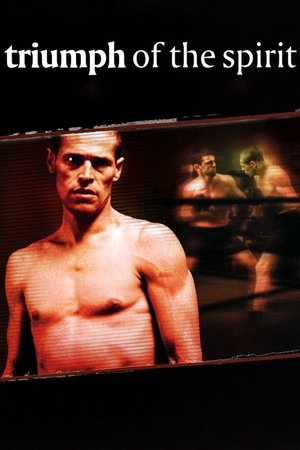 6.6
6.6Triumph of the Spirit(en)
During World War II, Salamo Arouch, a passionate boxer, is arrested and sent to a concentration camp. Soon, he is forced to box against his fellow prisoners for the sake of entertainment.
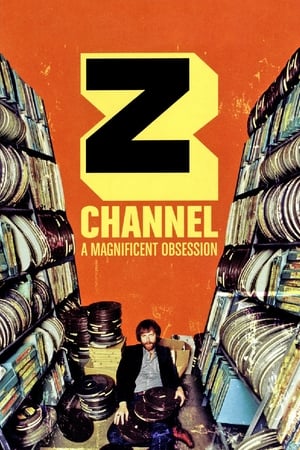 7.0
7.0Z Channel: A Magnificent Obsession(en)
A documentary on the Z Channel, one of the first pay cable stations in the US, and its programming chief, Jerry Harvey. Debuting in 1974, the LA-based channel's eclectic slate of movies became a prime example of the untapped power of cable television.
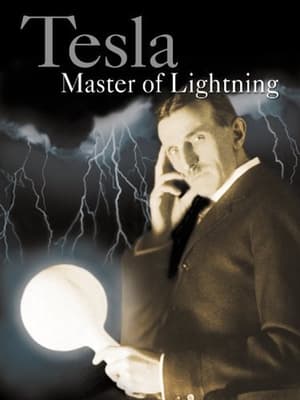 7.7
7.7Tesla: Master of Lightning(en)
This program recounts the life of scientist, inventor, and visionary Nikola Tesla, often remembered as more of an eccentric cult figure than an electrical engineering genius. Many of his achievements are still attributed to contemporaries Thomas Edison and Guglielmo Marconi. Tesla's surprising inventions are revealed in his autobiographical and scientific writings, supplemented by rare photographs and re-creations.
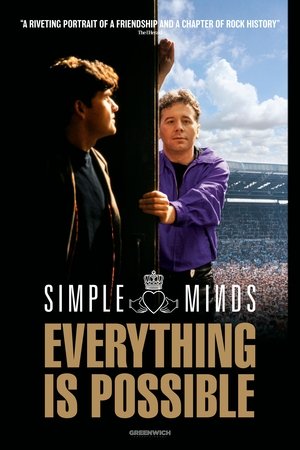 10.0
10.0Simple Minds: Everything Is Possible(en)
Best known for their megahit ’80s anthem "Don't You (Forget About Me)”—made famous in John Hughes’ The Breakfast Club—Simple Minds is one of the most iconic and influential Scottish bands in history. From working-class kids growing up in post-industrial Glasgow to rock stars playing Live Aid, this is the unlikely story of an extraordinary band that continues touring to this day.
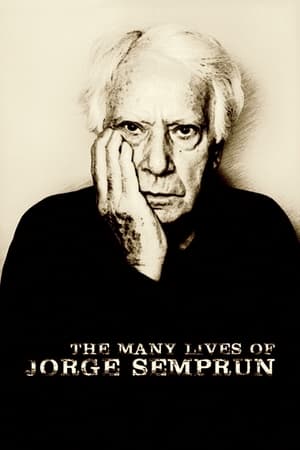 6.0
6.0The Many Lives of Jorge Semprún(es)
The incredible life of Jorge Semprún (1923-2011): son of a republican intellectual; exiled in the early days of the Spanish Civil War; survivor of the Buchenwald concentration camp during World War II; clandestine communist in Spain during Franco's dictatorship; controversial socialist politician; acclaimed writer, screenwriter and filmmaker.
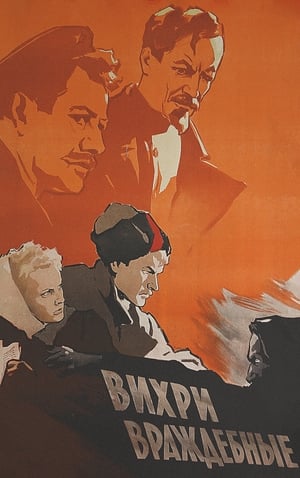 4.8
4.8Hostile Whirlwinds(ru)
About the first years of the formation of Soviet power, about the life and work of Feliks Dzerzhinsky in 1918-1925. The film covers the most important episodes of his biography. In July 1918, as a result of a revolt of the Left Socialist Revolutionaries, the German ambassador Mirbach was killed. Feliks Dzerzhinsky alone goes to the headquarters of the Left Socialist Revolutionaries and Anarchists, he manages to persuade ordinary soldiers and sailors, participants in the rebellion, who are now cracking down on their leaders. In 1921, Dzerzhinsky was aimed at combating homelessness, as a result of which, by 1925, former homeless children, having completed their studies, were sent to the construction of Yugostal, the largest industrial plant in Ukraine.
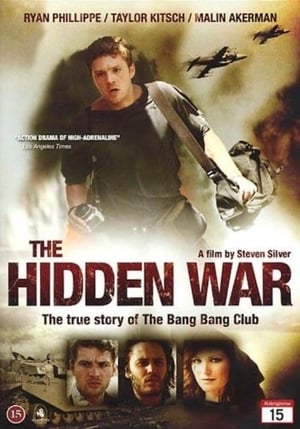 6.6
6.6The Bang Bang Club(en)
In the early to mid '90s, when the South African system of apartheid was in its death throes, four photographers - Greg Marinovich, Kevin Carter, Ken Oosterbroek and João Silva - bonded by their friendship and a sense of purpose, worked together to chronicle the violence and upheaval leading up to the 1994 election of Nelson Mandela as president. Their work is risky and dangerous, potentially fatally so, as they thrust themselves into the middle of chaotic clashes between forces backed by the government (including Inkatha Zulu warriors) and those in support of Mandela's African National Congress.
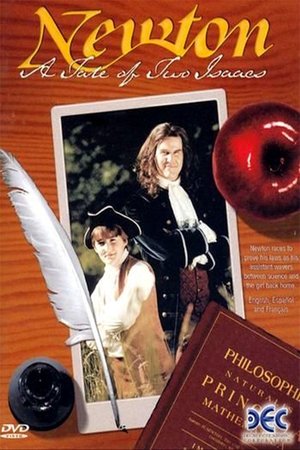 4.0
4.0Newton : A Tale of Two Isaacs(en)
As Newton devotes himself to the difficult and solitary path of challenging the existing view of the universe and proving his own theories on celestial movement and gravity, his young scribe Humphrey wavers between pursuing science or following his heart.
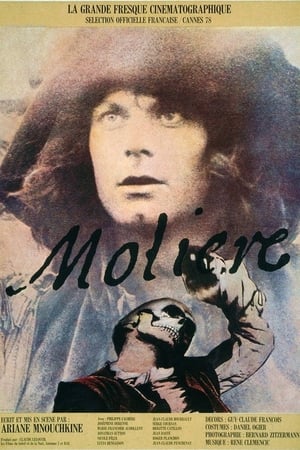 6.1
6.1Molière(fr)
Jean-Baptiste Poquelin is raised by his father and his grandfather because his mother dies when he's still very little. He works as a handyman, studies the law at a university and travels the country as an actor before he becomes the celebrated playwright Molière who impresses firstly the Duke of Orleans and then even King Louis XIV.
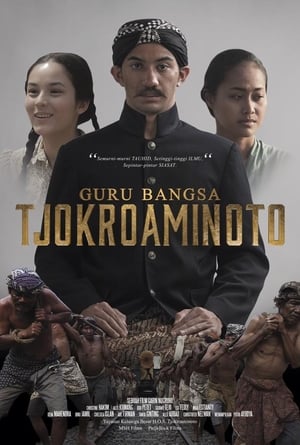 7.3
7.3The Hijra(id)
In 1912, Javanese activist Omar Said Tjokroaminoto co-founds the Sarekat Islam party to fight injustices of the Dutch East Indies' colonial regime.
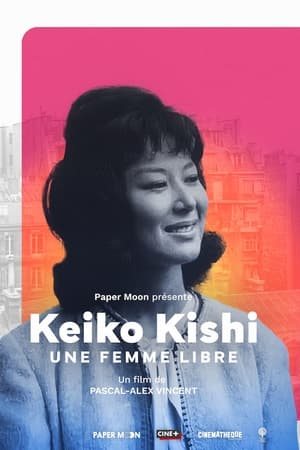 6.0
6.0Keiko Kishi, Eternally Rebellious(fr)
Born in 1932, Keiko Kishi has been one of the first Japanese actresses known worldwide. Her decision to move to France and to marry director Yves Ciampi in 1957 – after he filmed her in Typhoon Over Nagasaki starring Jean Marais and Danielle Darrieux – caused a huge scandal in Japan. Despite this transgression, Keiko Kishi continued acting in her home country with Kon Ichikawa, Yasujiro Ozu, Masaki Kobayashi… building unique bridges between Japanese and European cultures. Free and rebellious, she emancipated herself from the many obstacles she encountered in the film industry, and created her own production company in her early twenties. Let’s look back at the story of a pioneer, an inspiration for many generations.
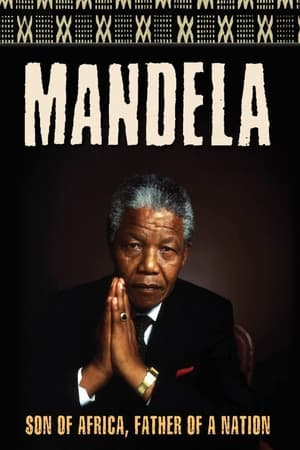 6.1
6.1Mandela(en)
A documentary that chronicles the life of South African leader Nelson Mandela. Mandela is probably best known for his 27 years of imprisonment, and for bringing an end to apartheid. But this film also sheds light on the little-known early period of Mandela's life.
Untitled Nat King Cole Biopic(en)
Legendary singer, actor, and jazz pianist Nat King Cole was prominent in the mid-1900s. Though he passed away in 1965 at only 45 years old, his songs have remained iconic in the years since, with some of his most famous songs including "Smile", "The Very Thought of You" and "Unforgettable".
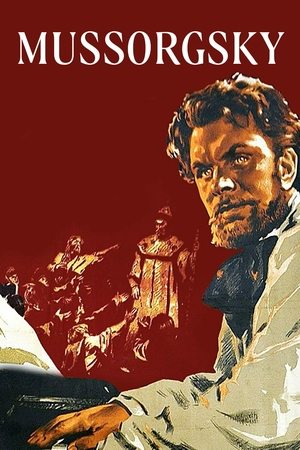 4.5
4.5Mussorgsky(ru)
Saint Petersburg, 1858. A group of composers known as The Five meet at Balakirev's. Young Modest Mussorgsky, both a civil servant and a musician, has become a fixture there. He tells about the first opera he plans to compose. Then he goes to the country where he discovers the lowly conditions of the peasants and the bloody conflicts with the rich land owners. He works on Gogol's 'The Marriage', trying to render into music the natural accents of the play's naturalistic dialogue. But his efforts do not pan out. On the other hand, he starts writing his opera on the story of Boris Godunov. The Marinsky Theatre refuses to stage the work. The Five, and Mussorgsky among them, are libeled and the group starts disintegrating. When 'Boris Godunov' is finally performed in 1874, it is a popular success.
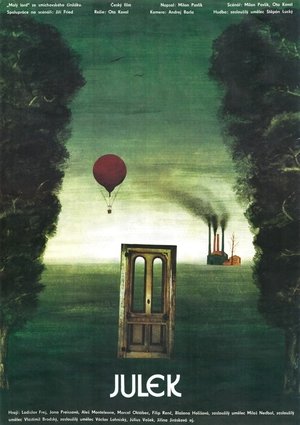 5.5
5.5Julek(cs)
The future communist journalist Julius Fučík had a stimulating childhood and youth in a working-class environment, when his moral maturity was already showing. The authors of the film recall that the young Julek was a star of the suburban operetta scene, and in three episodes they depict him both in his early childhood and already at the gymnasium, when the outbreak of the World War shaped his determination.
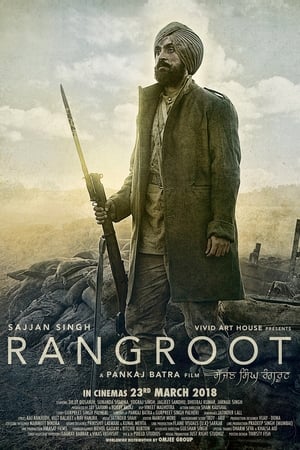 5.4
5.4Sajjan Singh Rangroot(pa)
The film SAJJAN SINGH RANGROOT is based on true story about the Sikh Regiment, serving in the British Indian Army, during World War I. The movie depicts one such war hero Sajjan Singh, who is an officer in the British Army and served on the western front during the WW1 against Germany.
 6.0
6.0Rizal in Dapitan(tl)
Dr. Jose Rizal was exiled in Dapitan from 1892-1896. These were his last four years. Dapitan served as his prison cell. He always compared it to “a beautiful cage” where he is imprisoned. This was the longest imprisonment Rizal ever had. He became so lost by those times, but still he did not lose his mind. Even there, he continued studying and discovering things. He continued his conversation with his friends, scientists and doctors outside the country.

